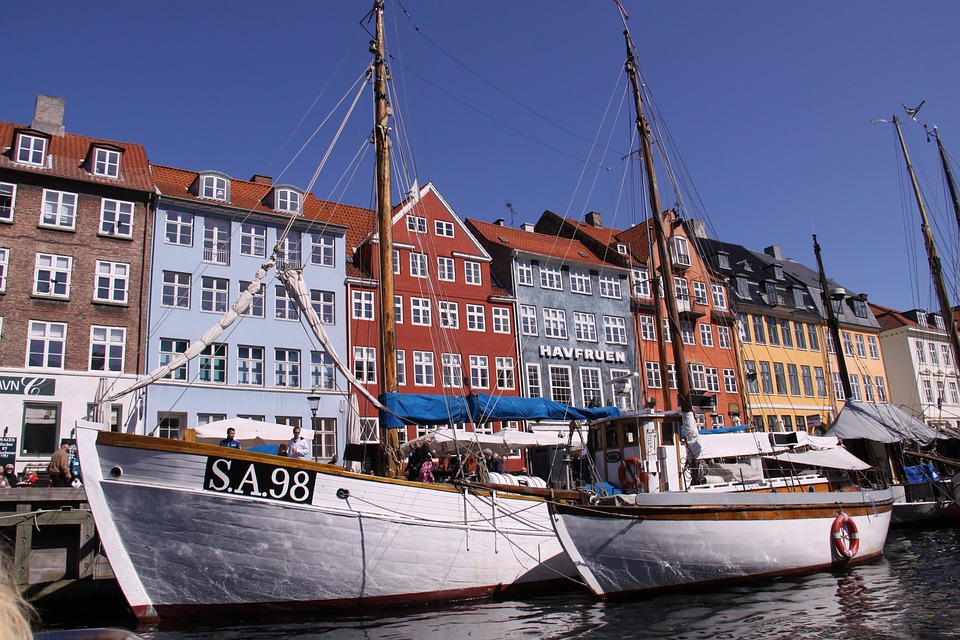The Importance of Danish Fisheries in the Economy
As a researcher in macroeconomic policies in Nordic countries, I have always been fascinated by the complexities of the Danish economy. One key sector that has always intrigued me is the Danish fisheries industry, which plays a significant role in the country’s economy.
The Historical Significance of Danish Fisheries
Denmark has a long history of fishing, with evidence of fishing activity dating back to the Viking Age. Fishing has been an integral part of Danish culture and tradition, and it has provided a livelihood for countless generations of Danes.
The Danish fisheries industry contributes significantly to the country’s economy, providing jobs and income for thousands of people. It also plays a crucial role in the country’s food supply, as fish is a staple of the Danish diet.
The Economic Impact of Danish Fisheries
The Danish fisheries industry is a major contributor to the country’s economy, both in terms of employment and GDP. According to the Danish Ministry of Food, Agriculture, and Fisheries, the industry employs around 15,000 people and contributes approximately DKK 10 billion to the country’s GDP.
The industry is also a major exporter, with Danish fish and seafood products being sought after around the world. Denmark’s geographic location, with access to the North Sea and the Baltic Sea, provides the industry with abundant fishing grounds and a diverse range of fish species, making it a competitive player in the global market.
The Environmental and Sustainability Challenges
Despite its economic significance, the Danish fisheries industry faces several challenges, particularly in the areas of environmental sustainability and overfishing. Over the years, there has been increasing pressure to ensure that fishing practices are sustainable and do not harm marine ecosystems.
The Danish government has been proactive in addressing these challenges through the implementation of rigorous regulations and quotas to ensure the long-term sustainability of the industry. These measures aim to balance the economic benefits of fishing with the need to protect the marine environment and preserve fish stocks for future generations.
The Impact of Brexit
One of the most significant recent developments that has impacted the Danish fisheries industry is the United Kingdom’s departure from the European Union, known as Brexit. The UK has historically been a key market for Danish fish and seafood products, and the changes in trade relations following Brexit have had a direct impact on the industry.
The Danish government has been working to establish new trade agreements with the UK to ensure continued access to this important market for Danish fish and seafood products. At the same time, the industry is also exploring new opportunities in other markets to mitigate the potential impact of Brexit on its exports.
The Future of Danish Fisheries
Looking ahead, the Danish fisheries industry must continue to adapt to changing market conditions and evolving environmental regulations. In the face of Brexit and the ongoing challenges of sustainability, the industry must be resilient and innovative to maintain its significant contribution to the Danish economy.
The Danish government and industry stakeholders must work collaboratively to address these challenges and ensure the long-term viability of the fisheries industry. This includes investment in research and innovation, development of sustainable fishing practices, and the exploration of new market opportunities.
The Danish fisheries industry has a long history and a bright future, and its continued success is crucial not only for the economy but also for the preservation of Denmark’s rich maritime heritage. As a researcher in macroeconomic policies, I will continue to closely monitor the developments in the Danish fisheries industry and provide valuable insights to support its sustainable growth.





